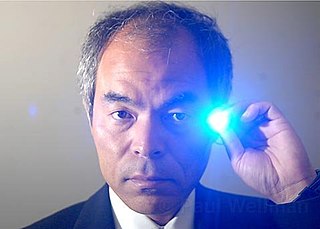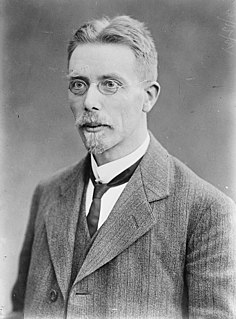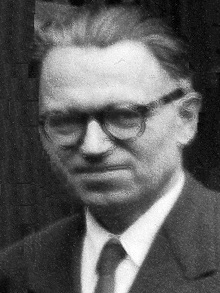A Quote by Paul Berg
That work led to the emergence of the recombinant DNA technology thereby providing a major tool for analyzing mammalian gene structure and function and formed the basis for me receiving the 1980 Nobel Prize in Chemistry.
Related Quotes
I think the Nobel Prize helps for a number of reasons. Number one, if I can be frank, there is these people will feel by getting a Nobel Prize that I'm one of them, that it is possible to contribute on the world map of science and technology. And the other thing also which I'm hoping for is that the government in Egypt is willing and interested in promoting science and technology and this is an ideal time now to be able to do something.
In 2008, the Nobel Prize in Chemistry was awarded for work done on a molecule called green fluorescent protein that was isolated from the bioluminescent chemistry of a jellyfish, and it's been equated to the invention of the microscope in terms of the impact that it has had on cell biology and genetic engineering.
We suppose that could be considered a hedged position for the awards committee, one that would never occur in the hard sciences such as physics and chemistry, where a prize shared among three with divergent views would be an embarrassing mistake or a bad joke. While a Nobel Prize might well be the culmination of a life’s work, shouldn’t the work accurately describe the real world?
If you look at the recent Nobel Prize winners, one couldn't say that the work didn't matter and the political commitment did. Who had ever heard of the Egyptian writer Naguib Mahfouz? He is not politically involved. Octavio Paz is a great poet, also not politically involved. The Nobel Prize is for literature, for the quality of work over the years.
The citation for the 1971 Nobel Prize in Chemistry reads, 'for contribution to the knowledge of electronic structures and geometry of molecules, especially free radicals,' and therefore implies that the Prize has been awarded for a long series of studies extending practically over my whole scientific life.



































